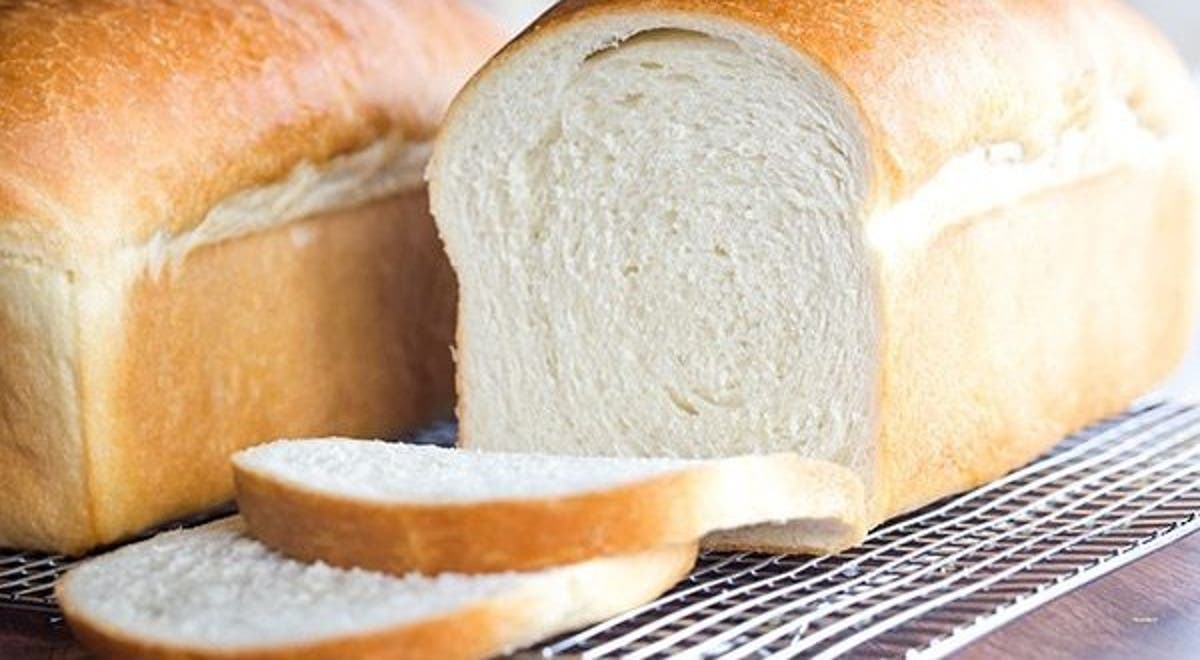Govt applauds NatFoods efforts in cutting imports
THE Government has commended National Foods Limited (NatFoods) for investing in projects expected to significantly curb the country’s high import bill.
NatFoods has invested nearly US$16 million into several factory lines of production between 2023 and 2024, which is expected to go a long way in import substitution.
Statistics show that imports increased by 12 percent to US$1,41 billion in the first two months of 2024 from US$1,26 billion in the same period in 2023, reflecting a trade deficit of US$234 million.
NatFoods has invested in a cereal extrusion plant worth US$4,4 million, replaced a flour milling plant in Bulawayo for US$6 million and established a pasta line for US$5,6 million.
Zimbabwe imports an average of US$40 million pasta annually, which the country can produce locally.
NatFoods’ past plant produces about 1 200 tonnes per month against national demand of around 3 500 tonnes.
Zimbabwe is also grappling with an influx of biscuits mainly from South Africa and Zambia, but investments by NatFoods could help whittle down the imports when it commissions a biscuit line later this month.
Import substitution is a key priority in the National Development Strategy 1 (2021-2025) as Zimbabwe seeks to structurally transform its economy to increase manufactured value-added products. Speaking during the National Foods Stirling Workington tour, Industry and Commerce Minister Mangaliso Ndlovu said the Government was impressed by the firm’s immense contribution towards the growth of the local economy particularly the vision to import substitutes.
“I think it is very important for the nation to appreciate what our business sector is doing, contributing towards the growth of our economy.
“What impresses me more is that you are targeting those products where we are spending a lot of our hard-earned foreign currency, importing. This is a very key policy position for the government, and we will be working with them to see what policy measures will be critical
“In the next few months, we will be tracking to see the import substitution levels, and this calls for Government support wherever we can to ensure that we do promote import substitution,” said Minister Ndhlovu.
NatFoods chief executive officer, Mr Michael Lashbrook said his company would remain committed to curbing importation of basic (food) commodities in the country.
“We have invested heavily in these new platforms in the last three years, we have put around US$40 million into new projects, and many of these products are for import substitution.
“This includes a pasta line, it is very interesting how Zimbabwe is consuming 3 500 tonnes of pasta per month, and all of our pasta at the moment is imported, there are no pasta plants in Zimbabwe, but we can produce all the pasta needed in the country with potential to export.
“Currently, we can produce about 1 200 tonnes per month, so we can fulfill about a third of the national demand, we have currently put technology for macaroni, spaghetti is a different technology that we look forward to installing.
Most of Zimbabwe’s pasta is sourced from Egypt and Mozambique.
“We are in the process of establishing a US$7,7 million biscuit plant, it is crazy that we import a lot of biscuits from South Africa and Zambia, why don’t we make them here, because again biscuits are in essence flour, sugar, and a bit of fat which we locally have, we should be producing those locally,” he said.
“We are saying this is crazy because we are surplus producers of wheat as a country, pasta is basically wheat flour and water. Why are we as a country importing pasta when there is raw material locally?
He said we have managed to fund these with our resources and we are very excited this is going
-herald










